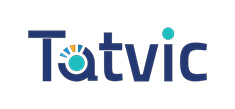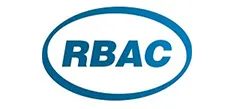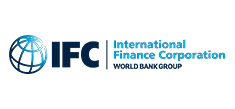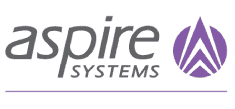Requirements to set up an Employment Agency
What is the implication of GST for Singapore Private Limited Company?
As GST is a consumption tax and is borne by the end consumer, it is not treated as a cost to the company. Businesses only collect the tax on behalf of the Singapore tax authority, IRAS.
As a GST registered company, you need to collect GST from your customers for the goods and services provided by you and then pay the collected sum of the tax to the tax authorities. The invoiced GST must be paid quarterly through the GST tax filing. You can only charge and collect GST once you have done your GST registration in Singapore.
What is Voluntary GST registration?
Registration for Singapore’s Goods and Services Tax can also be done voluntarily if your business is not liable for compulsory registration. However, it must be done after careful consideration and depending on your business operations.
Additional conditions apply for voluntary GST registration and once voluntarily registered, you must remain so for at least two years and comply with all GST regulations.
Can a Company be Exempted from GST Registration?
As a business, if 90% of your taxable supplies are zero-rated (exported goods and imported international services), IRAS approves your application for an exemption from registration, even if your taxable turnover remains above the registration threshold and if your input tax is greater than your output tax.
What is Input and Output Tax in GST?
After getting GST registered, you need to charge GST on all taxable supplies at the prevailing GST rate excluding supplies that come under the customer accounting category.
The GST charged and collected by you is known as output tax and should be paid to IRAS within one month from the end of the accounting period.
As you are registered for GST, you can put a claim on the GST that you paid for your business purchases including imports and expenses and file it as input tax in your GST return. However, you must fulfil all the applicable conditions for claiming this input tax.
What are the Deadlines for GST Filing and Payments?
Concerning GST filing and payment, the Statutory compliance Requirements for Singapore GST registered companies are:
GST return to IRAS must be submitted within a month from the end of each prescribed accounting period. The accounting period is determined quarterly.
Both the output tax and input tax must be filed in your GST return and the difference between output tax and input tax is the net GST that is either payable to IRAS or refundable to you by IRAS.
If you are on a GIRO plan for GST payment, GIRO deductions are on the 15th day of the month after the payment due date.
Without a GIRO plan, GST filing and payment must be done within a month from the end of the quarterly accounting period.
If a special GST accounting period applies in your case, the return submission deadline is one month from the last date of the special accounting period.
Systems must be established by GST registered companies to track their transactions, and effectively plan and utilize their available resources to submit their GST returns on time.
GST filing is done online and businesses can e-file GST F5 one day after the accounting period ends.
Can the Filing and Payment Deadline be Extended?
The deadline for filing and payment is normally not extensible however as an exception, can only be granted to newly registered businesses under certain circumstances and an application for an extension must be made at least 3 working days before the due date of filing along with the necessary supporting documents.
How much time is needed for GST Registration?
IRAS GST registration can be completed within 3 weeks and on successful registration, you will receive a Notification of GST Registration carrying your GST No with the effective date, filing frequency and any other special instructions.

Global Reach, Local Expertise
- 175+ Countries
- 525+ Locations
- 17,500+ Professionals
- 2350+ Global Partners

Need Assistance?
Get In Touch
We appreciate your interest in IMC and are eager to address your needs.
To ensure we address your needs accurately and promptly, please fill out this form. This will help us in identifying and connecting you with the appropriate team of experts in our organisation.
We take pride in our responsiveness and aim to get back to you within a span of 1-2 business days. Your journey towards solutions starts here.
Companies we have worked with













































 IMC Group
IMC Group